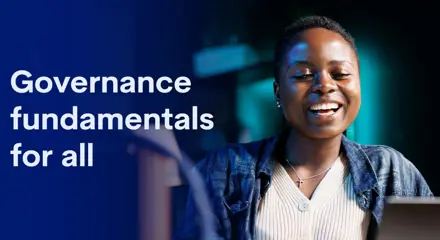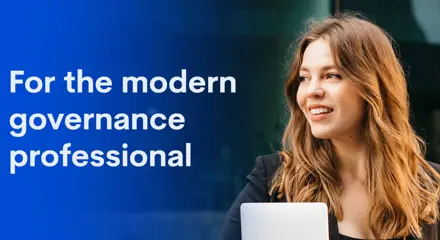


Branch Event - West Midlands
Charity Governance: Purpose, Pressure and Public Trust
Join us for a dynamic scenario mapping workshop-style event designed to help boards strengthen assurance, sharpen purpose and navigate regulatory expectations with confidence. We will consider the role AI is playing in developing charity governance and agree actionable approaches to oversight and impact reporting. Perfect for governance professionals who want to move beyond compliance and build frameworks that are resilient, mission aligned and publicly credible.




